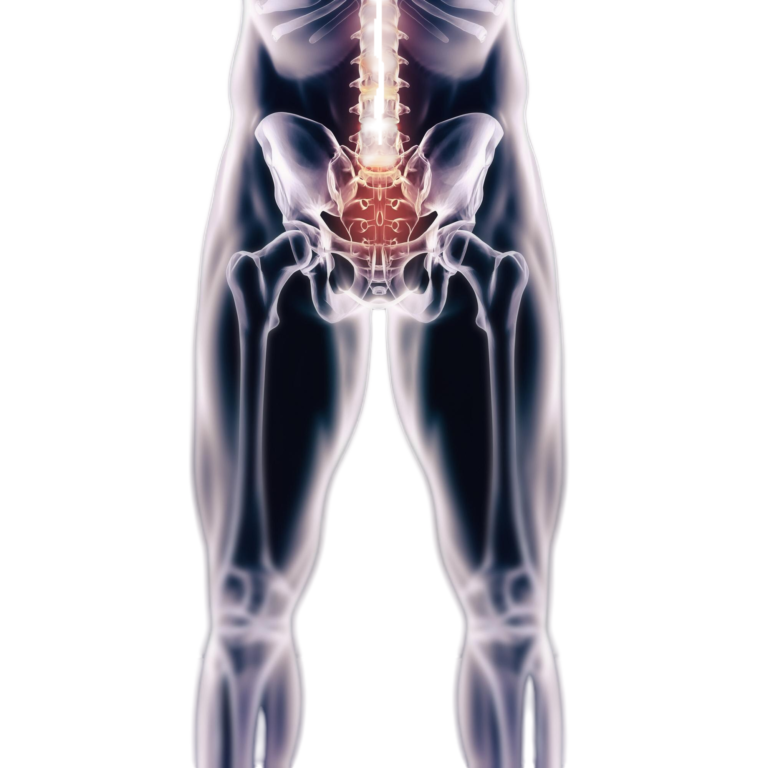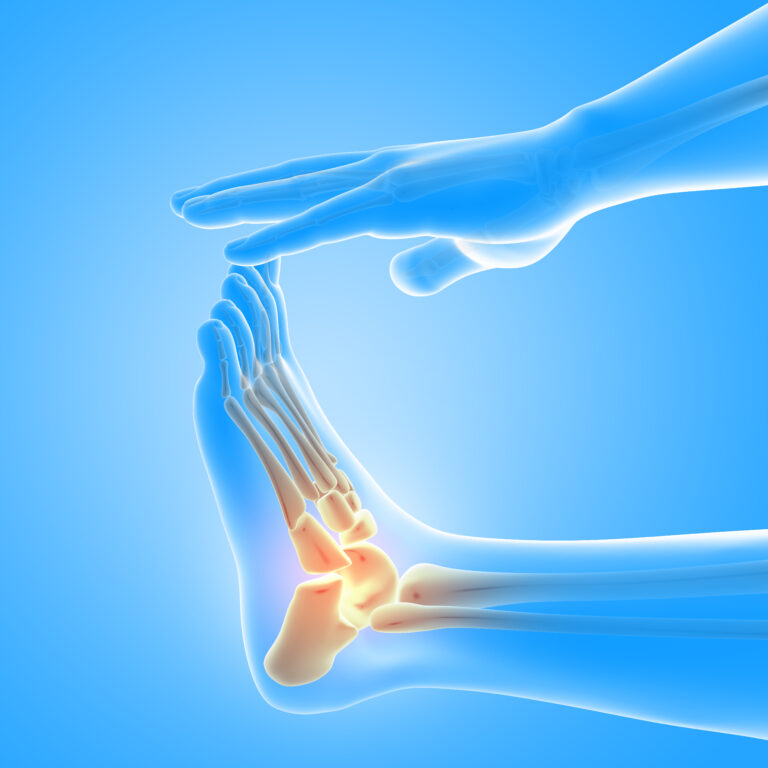Septic arthritis, sometimes referred to as infectious arthritis, is an infection of the joint caused by bacteria that enters through the circulation from another region of the body. Injuries such as animal bites or traumas can also cause it to happen if bacteria are directly introduced into the joint, which can result in septic arthritis or bacterial arthritis. The disorder is more prevalent in older adults and newborns. Those who have prosthetic joints are likewise more vulnerable. Septic arthritis can affect the hips, shoulders, and other joints in addition to the knees, which are frequently afflicted. Treatment for arthritis must begin right away since the infection can quickly and severely damage the bone and cartilage in the joint.
Septic Arthritis Symptoms
- Pain and tenderness: The afflicted joint frequently causes people to feel pain and tenderness.
- Warmth and swelling: Septic arthritis frequently causes warmth and swelling in the joints.
- Restricted range of motion: One common symptom that makes it difficult to move a joint regularly is a decreased range of motion.
- Reluctance to Use or Move the Affected Joint: Affected joint users may show reluctance or an aversion to utilizing or moving it.
- Fever: Septic arthritis can also present with a fever.
Septic Arthritis Causes
- Staphylococcus aureus, or staph, is the most common cause of septic arthritis in both adults and children.
- Methicillin-resistant staphylococcus aureus (MRSA): MRSA is a resistant form of staph infection that may be especially dangerous for those taking intravenous (IV) medicines, HIV-positive people, and people with diabetes.
- Streptococci in Groups A and B: A form of bacteria called streptococci raises the risk of septic arthritis, especially in the elderly and people with long-term illnesses including diabetes and cirrhosis.
- Neisseria gonorrhoeae: This bacterium can cause gonococcal arthritis, a type of septic arthritis, in addition to causing gonorrhea, a sexually transmitted infection.
- Meningococcus, or Neisseria meningitidis, is a rare but potentially dangerous bacterium that causes meningitis and septic arthritis. Inflammation of the membranes that envelop the brain and spinal cord is a sign of meningitis.
In conclusion, septic arthritis, a bacterial infection in joints, poses serious risks, especially for older adults and those with prosthetic joints. Prompt treatment is crucial to prevent bone damage. Various bacteria contribute to its onset, with additional risk factors including immune compromise and joint-related diseases. Early diagnosis and proper management are essential for minimizing complications and preserving joint health, emphasizing the importance of timely medical attention.
Disclaimer: The information provided in this blog post is for general informational purposes only and should not be considered professional advice. Before making any health-related decisions, consult with a qualified healthcare professional. The content is not a substitute for medical advice, and individual results may vary. The author and website are not responsible for any consequences arising from the use of the information provided. Use your best judgment and seek professional advice when needed.


